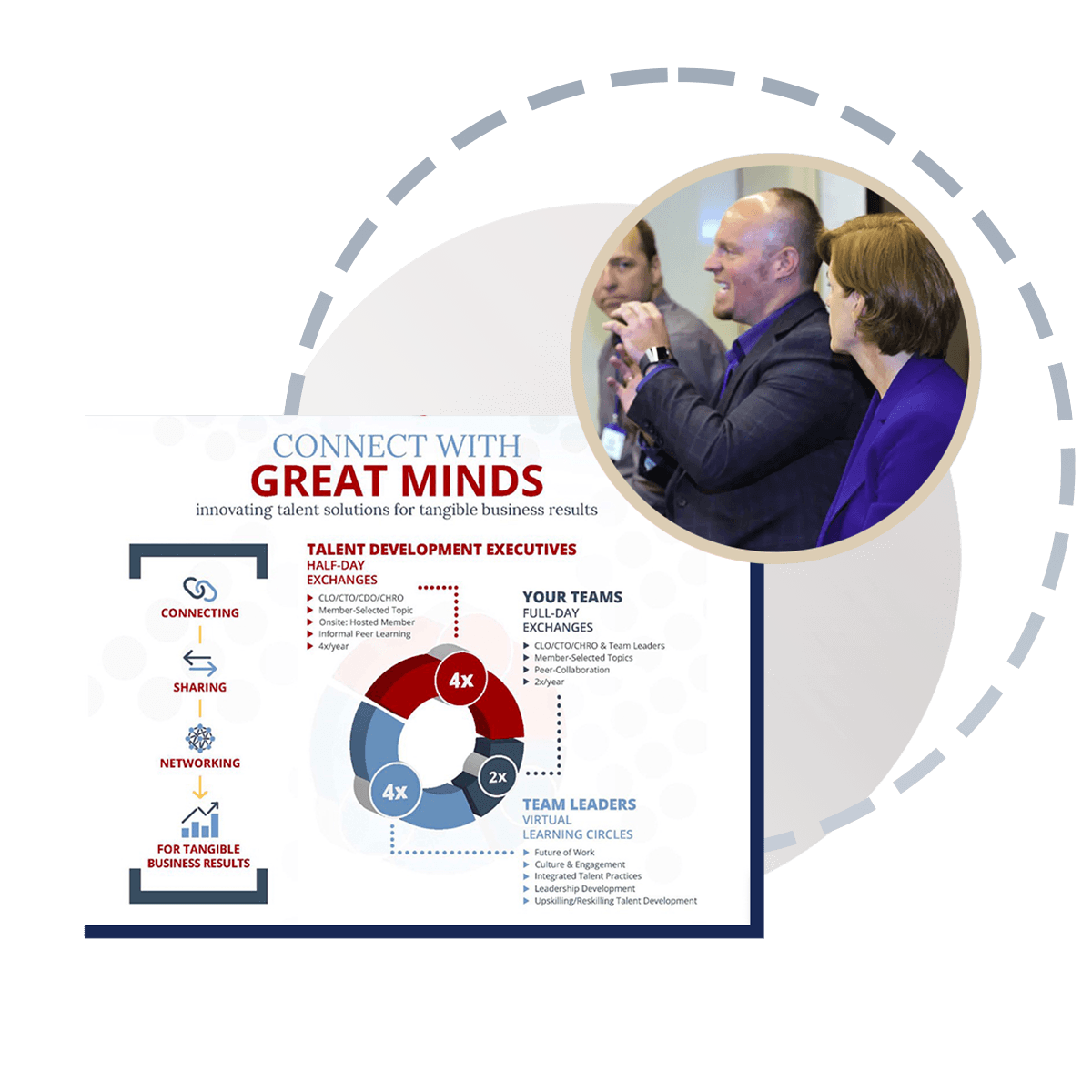As learning professionals, we understand that the development of workplace skills happens primarily beyond the classroom or eLearning course. It happens through on-the-job experience and reflection on that experience. A key to the success of on-the-job learning is the quality of coaching by managers and others. The problem is that most managers do not provide effective coaching and feedback when it is needed—they don’t have time, skills, or knowledge to coach effectively, or they consider it too cumbersome to do. How can we leverage mobile technology to support the coaching process?
In this case study, you’ll see how an organization used mobile devices to enable short, frequent, asynchronous, targeted coaching interactions—“nano-coaching.” They took advantage of mobile technology—especially the “sensors” in a phone (e.g., camera, audio recorder, GPS), powered by the Experience API (also referred to as “Tin Can”) to manage, capture, and track learning experiences on the job and to better connect managers with their direct reports. Marty will share lessons learned from a pilot study of the effectiveness of the technology-supported learning and nano-coaching process that you can apply in your organization.
